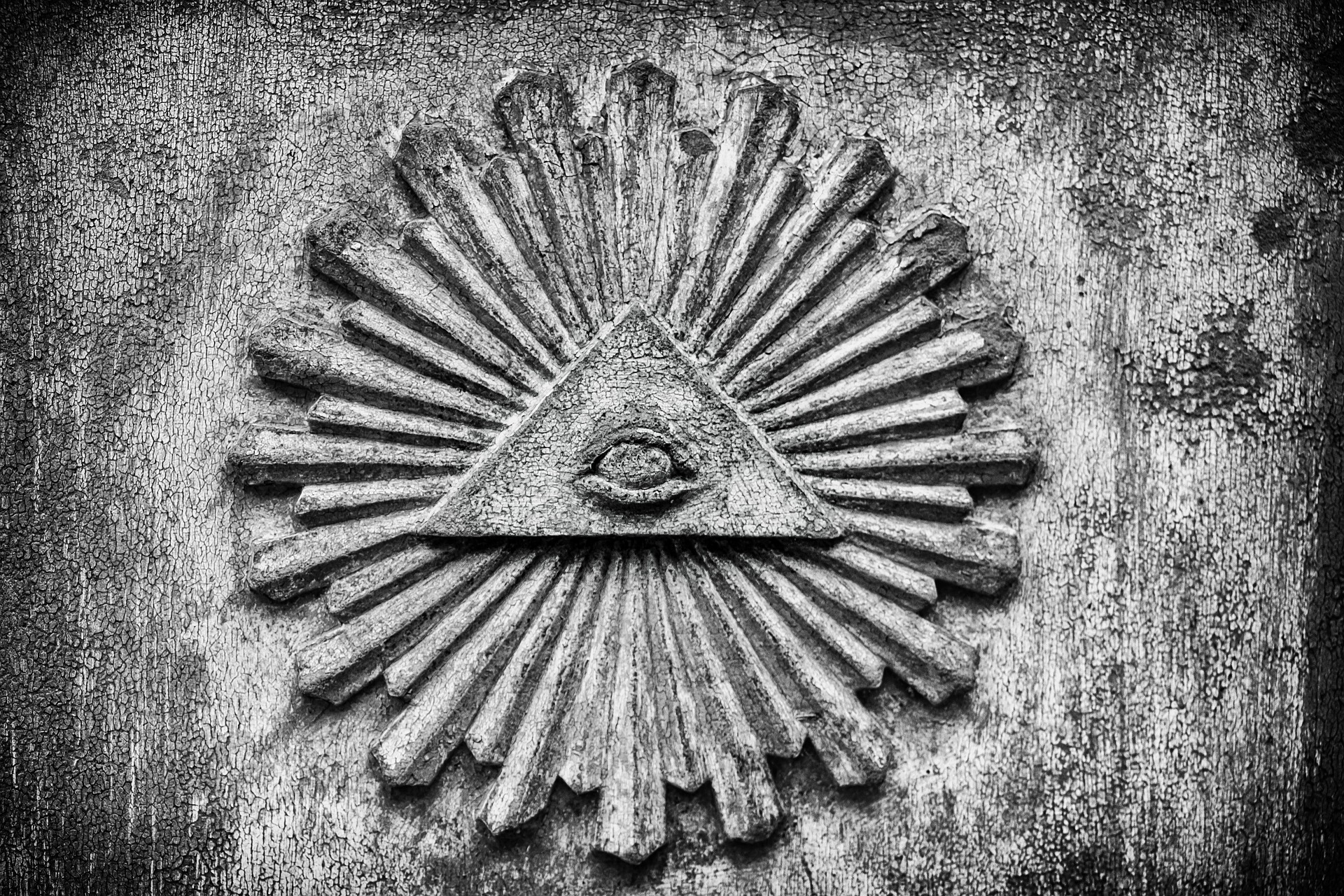
Why do people believe conspiracy theories? New research challenges old theories
Peer-reviewed: This work was reviewed and scrutinised by relevant independent experts.
The widely-accepted idea that a loss of control leads people to believe conspiracy theories is challenged by new research from the University of Otago. The researchers ran a range of psychology experiments online to test the link between people's feelings of control and their inclination to believe in conspiracy theories. While their findings suggest that there is a correlation between feelings of being in control and likelihood of believing conspiracies, the authors say this does not prove causation, and that there is no “one size fits all” explanation for why the two are linked.
Funder: The authors received no specific
funding for this work
News for:
New Zealand
International
Media contact details for this story are only visible to registered journalists.


Expert Reaction
These comments have been collated by the Science Media Centre to provide a variety of expert perspectives on this issue. Feel free to use these quotes in your stories. Views expressed are the personal opinions of the experts named. They do not represent the views of the SMC or any other organisation unless specifically stated.